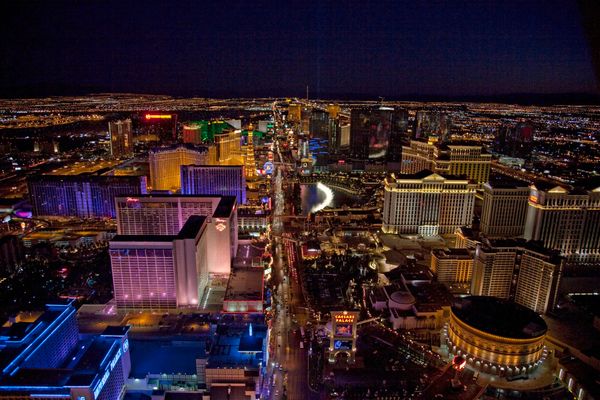Gender is a topic of conversation that has been a frequent subject of conversation in mainstream media, specifically with the current political climate's anti-transgender agenda. Gender is also an aspect of identity that society is finally embracing and/or realizing the magnitude it has on many individuals. In recent years, several celebrities like Angelina Jolie, Will Smith, and Adele have been open about raising their children without gender stereotypes. This neutrality that comes with denying gender roles allows children to decide who they want to be, what they want to wear, and how they want to act without society's expectations in the forefront of their minds.
They can be an individual, not just a gender.
For most, this is not the experience growing up. When I was young, my gender identity confused me. I was expected to do "girly" things like cheerleading, wear dresses, or like the color pink. However, these things weren't me. I figured I was just a "tomboy" who had mostly male friends, played Pokémon, and shopped for clothes in the "boy's" section. While also being overweight, my lack of conformity to typical female stereotypes made me feel like an outcast. I thought I wasn't pretty enough to be a girl.
This thought is heartbreaking to me, now.
At such a young age, these toxic gender expectations demolished my self-esteem, and it would only get more confusing from there. When I was in the end of middle school and beginning high school, I was introduced to the idea of being transgender from the character Adam on "Degrassi: The Next Generation." I started questioning whether I was really male, because I never felt female, but I knew that "male" didn't sound right either. Although I did spend much of my childhood wishing I was born male and thinking all of my problems would be fixed if that were true, I knew I wasn't really a boy.
It wasn't until my first year of college (I'm a 3rd year now) when I was introduced to other trans identities. I came across the lovely term, 'genderqueer'. Finally, something that felt right. To those who are unfamiliar, genderqueer is an umbrella term used by someone who identifies as neither male nor female, but somewhere outside of the binary. Keep in mind that each identity can have a different meaning to someone else. This is simply what it means to me.
A similar term is 'non-binary,' which is also acceptable in my case. I still use she/her pronouns, and I dress however the hell I want. There is a freedom in identifying as 'genderqueer.' I no longer feel pressured to dress or act in a certain way. The chains of gender stereotypes have fallen from my wrists and I hold my gender identity as a way to be an individual rather than fall into societal expectations.
I don't get offended if someone calls me a girl, because I realize that this is what our society is trained to see.
To me, being genderqueer means autonomy. As a child, I felt as though I had to be what society expected of girls. I didn't know any better than to do as I was told. I thought something was wrong with me, and that I was too different to be worthy of love. To this day, my father still doesn't know. I pretend to be the girl he always had because I'm not sure how he'd react. He wouldn't disown me or anything drastic, but he wouldn't understand and might think I'm somehow full of shit.
A lot of people do.
I'm proud to be genderqueer, and I hope that others can embrace their own identities and have the liberty to be who they were always meant to be.



















